Many people from other distant countries do not understand and do not know exactly where it is and what Serbia is.
After several such experiences, I came to terms with my country thinking that I came from Siberia (and that I have a surprisingly sunny complexion given that it is constantly cold there), or even sometimes from Syria .... that they had never heard of for Serbia.
My dear virtual friends from distant lands, I want to introduce you to my country, Serbia.
Serbia is a country that stretches partly in Southeast Europe - on the Balkan Peninsula (75% of the territory) and partly in Central Europe - in the Pannonian Plain, (25% of the territory), occupying a total area of 88,407 km2. Serbia borders Hungary to the north, Romania and Bulgaria to the east, Macedonia and Albania to the south, and Montenegro, Bosnia and Herzegovina and Croatia to the west. The Republic of Serbia includes two autonomous provinces: Vojvodina and Kosovo and Metohija. Since the NATO bombing of the FRY (1999), the province of Kosovo and Metohija has been under a United Nations protectorate. On February 17, 2008, the institutions of the provisional self-government in Kosovo and Metohija, where Albanians form an ethnic majority, unilaterally declared independence, which Serbia and the United Nations do not recognize. The capital of Serbia is Belgrade. Geography Serbia is located on the land mass of the Balkan Peninsula, which is surrounded by warm seas (Adriatic, Aegean and Black), while in the north it leans on the European continent. The northern part of the Republic is occupied by plains, and in the southern parts there are hills and mountains. There are over 30 mountain peaks above 2,000 meters above sea level, and the highest peak is Đeravica on Prokletije with a height of 2,656 meters. The mountain relief of Serbia explains the appearance of many canyons, gorges and caves. The lowest point is located on the border with Romania and Bulgaria, at the confluence of the Timok and the Danube, at 28 meters above sea level. The longest river in Serbia is the Danube, whose flow through Serbia is 588 km (out of a total length of 2,783 km). The climate in Serbia is moderately continental. Winters are short, cold and snowy, while summers are warm. The coldest month is January, and the warmest is July.
Telephone area code: +381
National currency: Dinar (RSD)
National internet domain: .rs and .srb (Cyrillic domain)
National car number: SRB
Time zone: Central European, CET (GMT + 1 hour)
Official language: Serbian
Official letter: Cyrillic
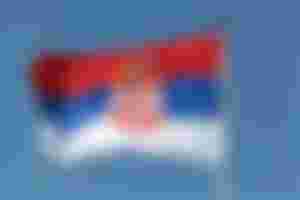
However, there are foreigners who not only know that Serbia is the country from which Novak Djokovic and Vlade Divac came, who carried this flag on the victorious throne ... They decided to leave their homeland and come here to live, eat kebabs and kiss. be three times in the cheek. The reasons for that are various: from business to those of love and adventure.

Foreign citizens mostly come to Serbia out of love for their chosen one, and they stay out of love for Serbia, where the neighbor's coffee is still drunk and the Serbian language can be learned with a glass of good brandy.
There are more and more people who choose Serbian villages and a suitable country where they start growing organic food. Many find refuge from the hustle and bustle of European cities in the smaller cities of Serbia, where they can more easily raise and educate their children.
Here are a few stories of foreigners around the world, who have met my country. These are their experiences.
Mohamed, Libya I've been here for five years, and I came to study computer science. When I first entered the home of Serbs, I realized that family relations and traditions are still cultivated here. All family members are in contact with each other and have a developed relationship, which is great. Again, I was shocked that people are so kind in general, because honestly, I have not heard such stories about Serbs. Rafts and Savamala quickly became my second home, I got hooked on cream, eggs with cheese and ajvar. Apart from the climate, the way of life and thinking is completely different than in my country. Here people call me "my brother", "kings", "heart", "king", "masters", "legend", and those words make me feel warm. Nobody called me that before, until I came to Serbia. Serbia is my second home.
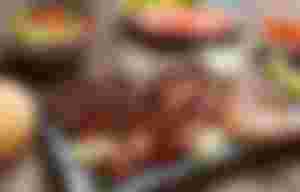
John, United Kingdom I've been here for ten years. I came as a tourist and stayed for a while. In Serbia, I was attracted by the fact that I knew nothing about this country, almost that it existed, and then I fell in love with it. What shocked me the most were the prices. You can't buy anything under five euros in my country, and I can buy a few things here for that money. I got hooked on yogurt in a glass because I haven't tried anything like it anywhere. In a different way, she was shocked by youth unemployment. I have a lot of friends in Serbia and many of them graduated from college and work as waiters, because they have no other opportunities. Another negative thing is the bike path. In the new part of the city it is in the old no? What kind of nebula is that?
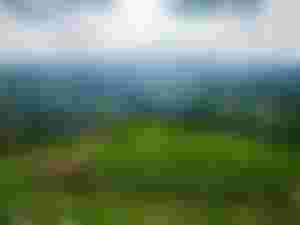
My country, Serbia, is a place like no other in the world. It is a unique country of unique people, somewhere on the border of East and West, in the colorful and tame nature of a temperate and beautiful climate. When you look at her from the heights of heaven, when you look at her from the clouds, she is so lovely and charming, colorful and all in small threads of weaving small fields of different colors and beauty. Hilly and tame, from flat Vojvodina to the hills of Šumadija, it exudes a moderation and beautiful nature that everyone would like.
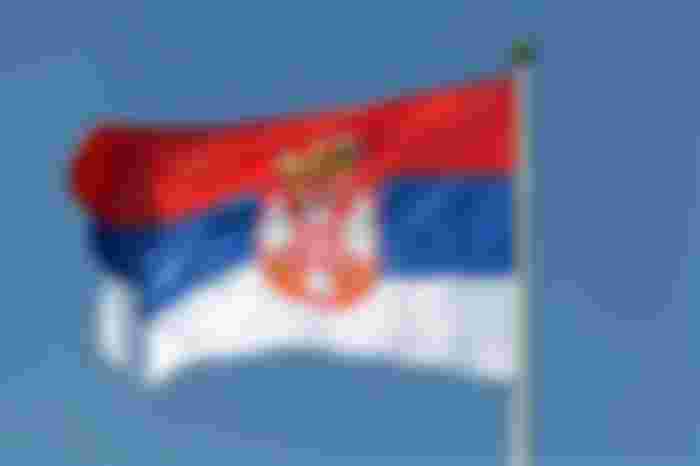

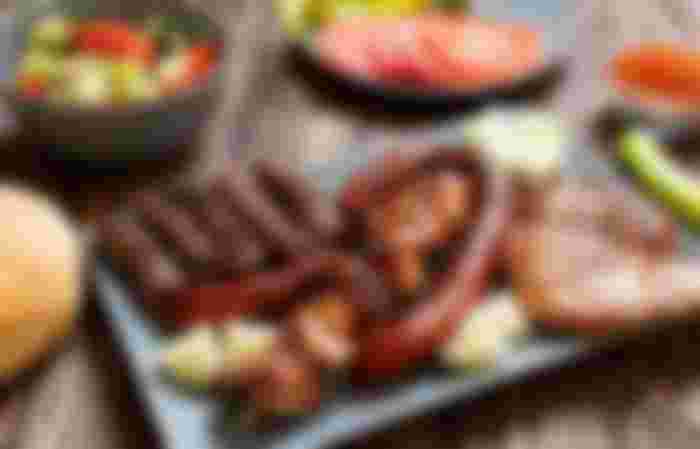
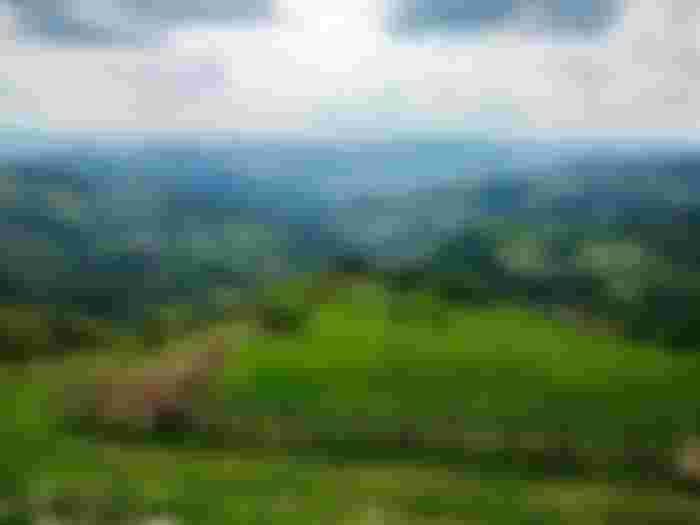
You have a beautiful country with many beautiful people and customs. And nature is beautiful. Thank you for sharing many of the things you have said about your country that otherwise it would be impossible for me to know. One friend hug.